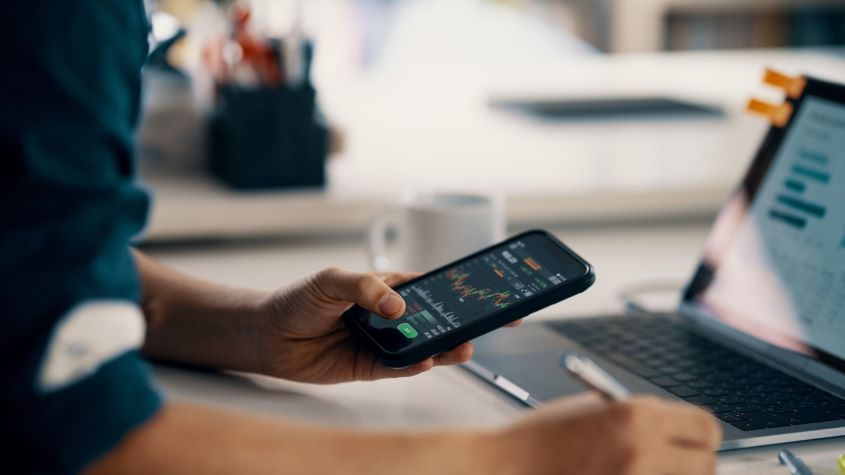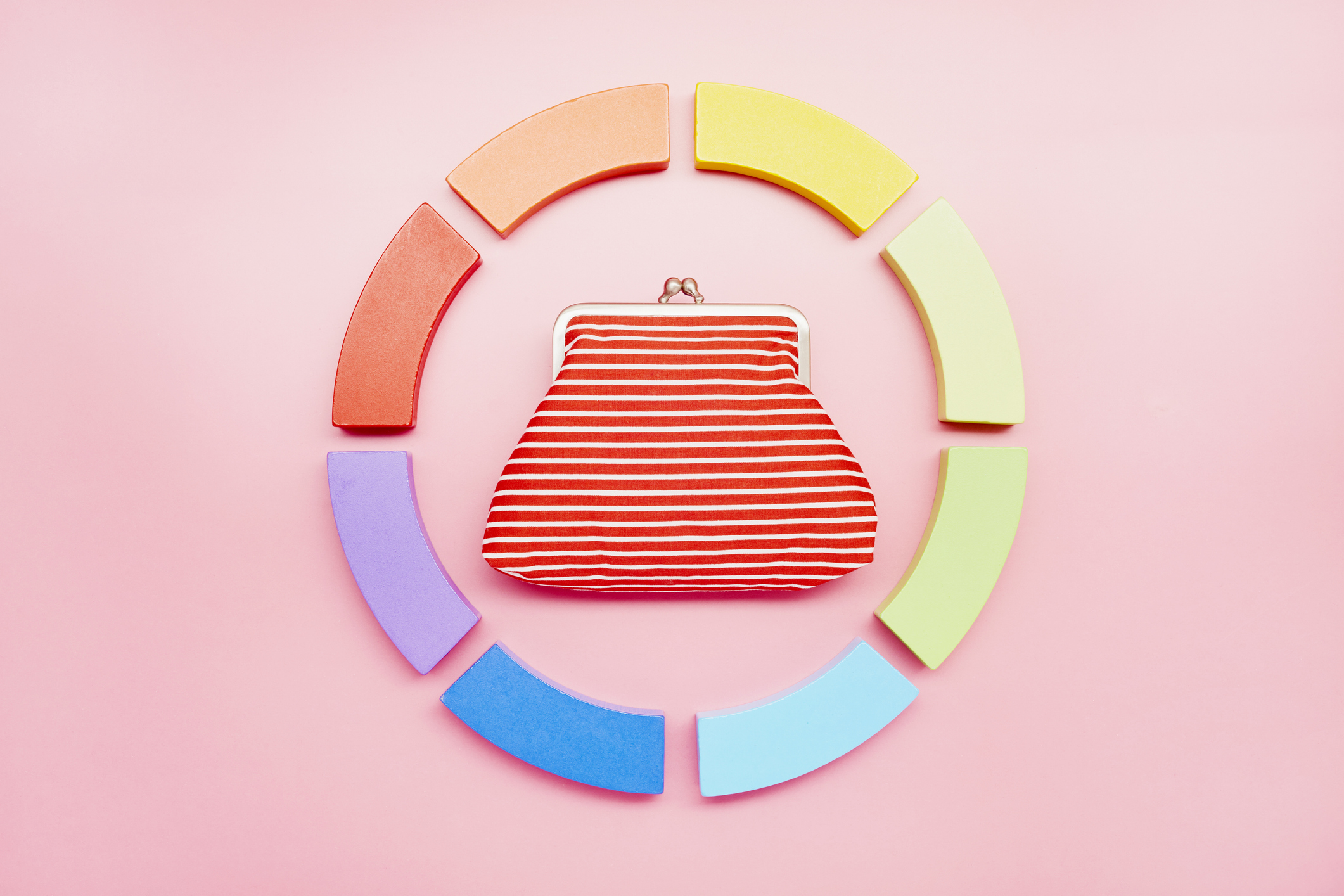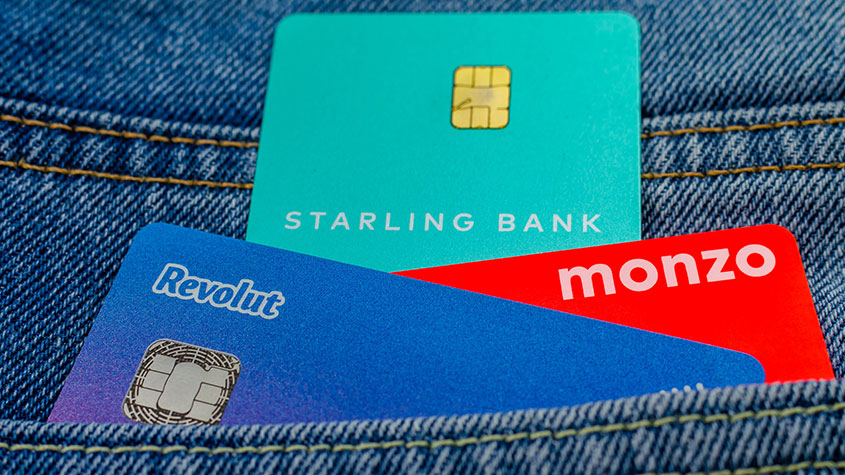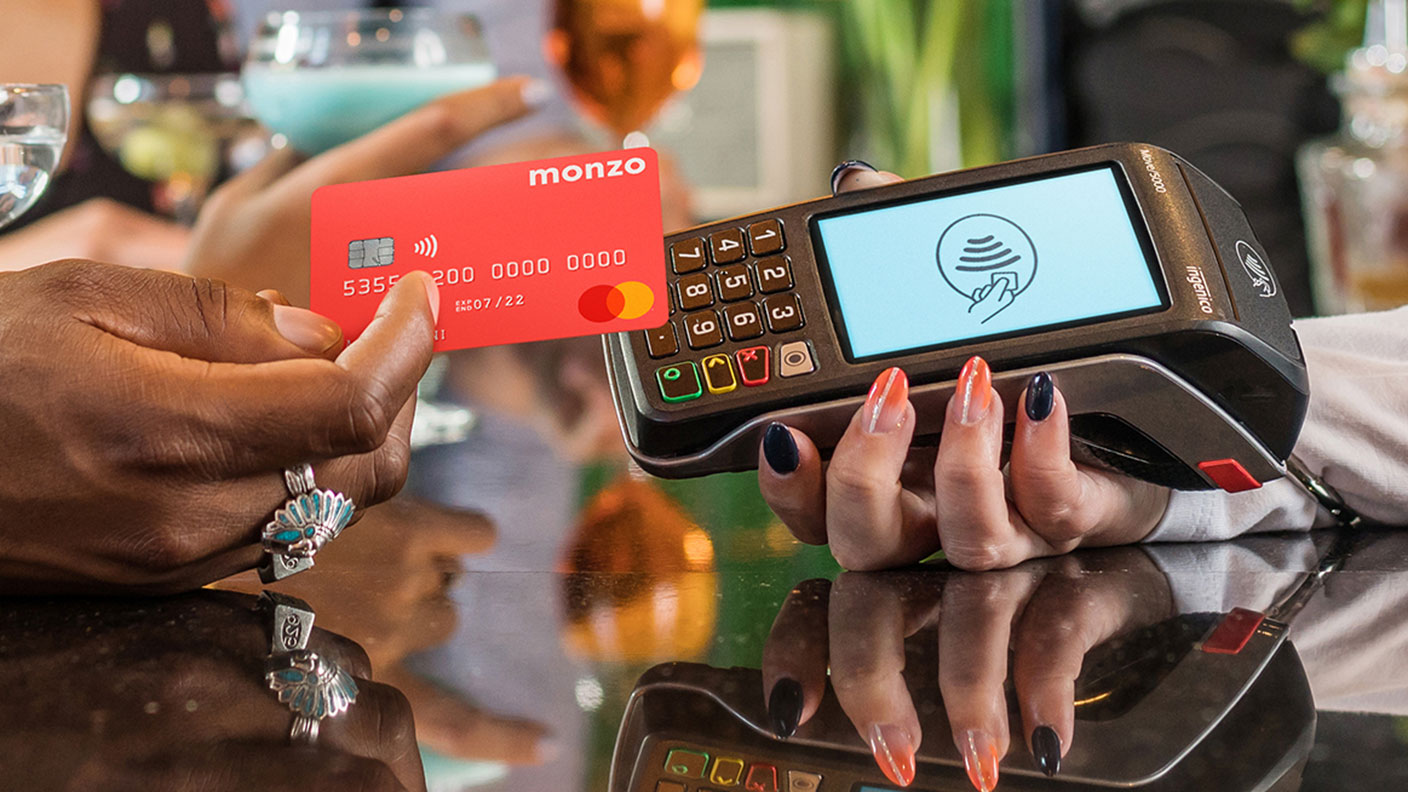Personal finance apps for your smartphone
Personal finance apps for your smartphone can be a very useful tool for tracking your expenditure.

Get the latest financial news, insights and expert analysis from our award-winning MoneyWeek team, to help you understand what really matters when it comes to your finances.
You are now subscribed
Your newsletter sign-up was successful
Want to add more newsletters?

Twice daily
MoneyWeek
Get the latest financial news, insights and expert analysis from our award-winning MoneyWeek team, to help you understand what really matters when it comes to your finances.

Four times a week
Look After My Bills
Sign up to our free money-saving newsletter, filled with the latest news and expert advice to help you find the best tips and deals for managing your bills. Start saving today!
When it comes to organising our finances, some of us half-heartedly update an Excel spreadsheet every few months. Then there are those who know their account balances down to the penny. If you're more the former than the latter, there are several apps (there always are) designed to help you, or perhaps your children, keep track of your money.
Breaking down spending
MoneyWeek
Subscribe to MoneyWeek today and get your first six magazine issues absolutely FREE

Sign up to Money Morning
Don't miss the latest investment and personal finances news, market analysis, plus money-saving tips with our free twice-daily newsletter
Don't miss the latest investment and personal finances news, market analysis, plus money-saving tips with our free twice-daily newsletter
With Monzo, you can set budgets for different categories and send money back and forth between other Monzo customers' accounts. With both, you can request to round up transaction amounts, diverting the extra cash into a savings fund. What's more, the debit cards associated with these accounts tend to be good for overseas holidays, offering fee-free spending and withdrawals (though there may be limits).
Yolt offers many of the same features as the above apps, but rather than being linked to one current account it aggregates all your accounts in one place. The app, which is owned by Dutch bank ING, takes advantage of recently implemented "open banking" rules, which require banks to give third parties access to people's banking data. You can link up all of your bank accounts (as long as the bank is signed up to open banking), including credit card and saving accounts, as well as pension and investment funds.
Finally, if you're looking to take the "rounding up" feature a step further, you could have a look at the Moneybox app. As with Starling, it rounds up your purchases to the nearest pound. But rather than putting the difference into a savings account, Moneybox will invest it in a "cautious", "balanced", or "adventurous" way across a mix of cash, global shares and property equities from providers such as Fidelity and iShares. You can also choose to invest through an individual savings account (Isa). Note that this is probably only best for those looking to dip their toes into investing: as well as a fixed charge of £1 per month, you pay an annual charge of 0.45% of the amount invested. Then there's the cost of investing in the funds themselves. There are cheaper investment platforms out there for those looking to invest more proactively.
Get the latest financial news, insights and expert analysis from our award-winning MoneyWeek team, to help you understand what really matters when it comes to your finances.
Sarah was MoneyWeek's investment editor. She graduated from the University of Southampton with a BA in English and History, before going on to complete a graduate diploma in law at the College of Law in Guildford. She joined MoneyWeek in 2014 and writes on funds, personal finance, pensions and property.
-
 Should you buy an active ETF?
Should you buy an active ETF?ETFs are often mischaracterised as passive products, but they can be a convenient way to add active management to your portfolio
-
 Power up your pension before 5 April – easy ways to save before the tax year end
Power up your pension before 5 April – easy ways to save before the tax year endWith the end of the tax year looming, pension savers currently have a window to review and maximise what’s going into their retirement funds – we look at how
-
 Thousands of Brits switch to Nationwide, Monzo and NatWest – which banks are least popular?
Thousands of Brits switch to Nationwide, Monzo and NatWest – which banks are least popular?We look at the most and least popular banks and building societies as current account bank switches reach a record high. Is it worth moving your money?
-
 Best and worst UK banks revealed
Best and worst UK banks revealedWe reveal the best UK banks – and the worst – when it comes to managing your money and good customer service. How does your provider compare?
-
 iPhone users can now check bank balance from Apple Wallet
iPhone users can now check bank balance from Apple WalletNew tool aims to make it easier for smartphone users to track bank balance and spending
-
 How to get the best travel money rates
How to get the best travel money ratesWe explain where to find the best travel money rates so you can get the most bang for your buck when you’re on holiday.
-
 Chase bank account: Time running out to earn unlimited cashback
Chase bank account: Time running out to earn unlimited cashbackNews Chase Bank pays you 1% cashback on all your purchases, plus 1% interest on your balance - but, you’ll need to act fast to take advantage of it.
-
 Best cards for travel abroad
Best cards for travel abroadAdvice We weigh up the best cards for travel, whether you’re going on holiday or you go abroad regularly
-
 Smartphone banking: the best app-based bank accounts
Smartphone banking: the best app-based bank accountsNews App-based banks are convenient, come with features that help you budget and make banking easy. What are the best app-based accounts available now?
-
 Should you join in on the dash for digital banks?
Should you join in on the dash for digital banks?Advice App-based financial-services providers are proving efficient and popular